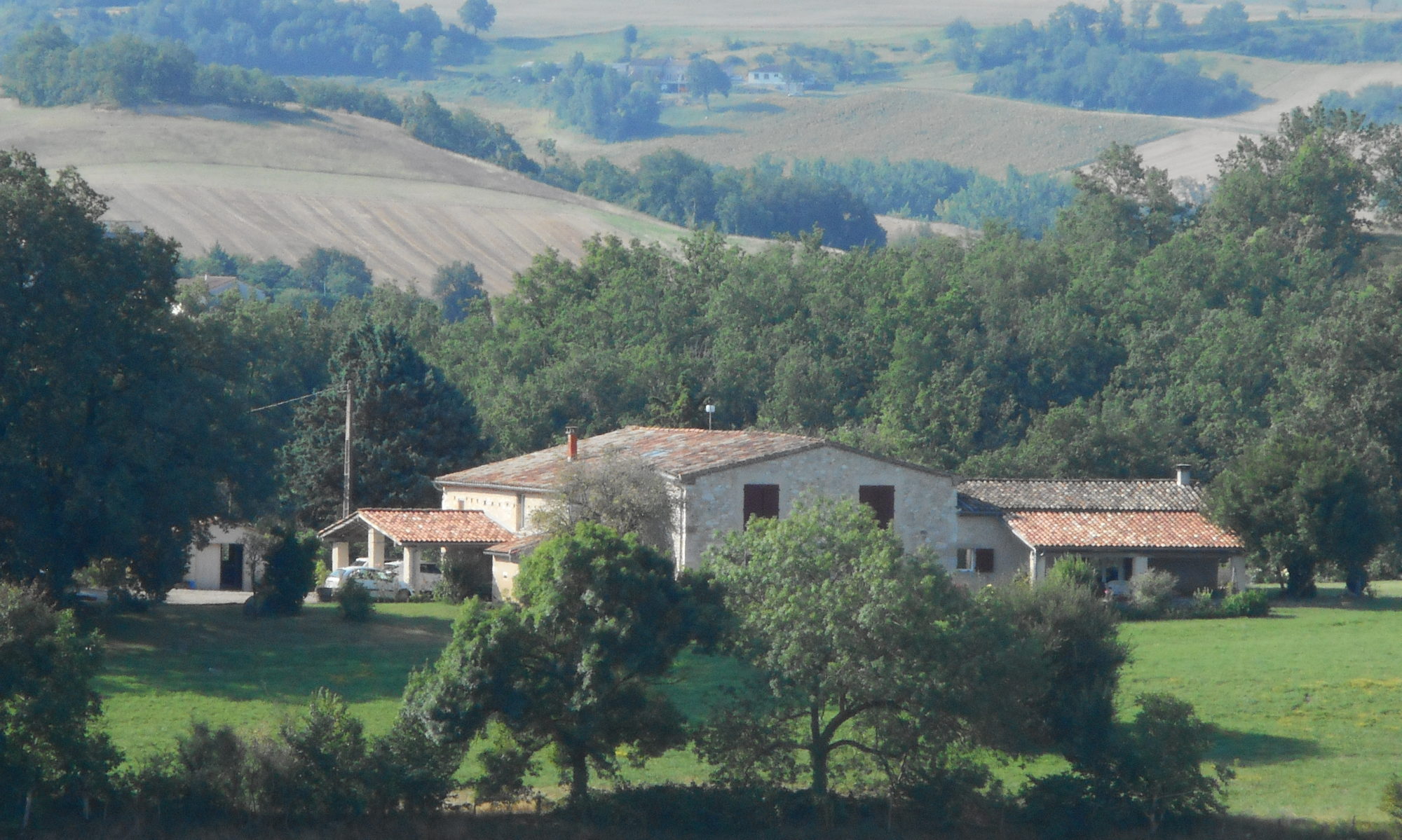Info gleaned from various web sources.
Timur (8 April 1336 18 February 1405), Tamerlane in English (from Persian: Timūr-e Lang, Timur the Lame), was a 14th-century conqueror of West, South and Central Asia, and the founder of the Timurid dynasty (13701405) in Central Asia, and great-great-grandfather of Babur, the founder of the Mughal Dynasty, which survived as the Mughal Empire in India until 1857.
Timur is his Turkic name, which means iron. In his life time, he has conquered more than anyone else except for Alexander the Great.
Timur was in his lifetime a controversial figure. He sought to restore the Mongol Empire yet his heaviest blow was against the Islamized Tatar Golden Horde. He was more at home in an urban environment than on the steppe. He styled himself a ghazi (warrior) while conducting wars that severely affected some Muslim states, in particular the Sultanate of Delhi. A great patron of the arts while his campaigns also caused vast destruction.
His armies crossed Eurasia from Delhi to Moscow, from the Tien Shan Mountains of Central Asia to the Taurus Mountains in Anatolia. From 1370 till his death 1405, Temur built a powerful empire and became the last of great nomadic leaders. Those who saw Timurs army described it as a huge conglomeration of different peoples nomad and settled, Muslims and Christians, Turks, Tajiks, Arabs, Georgians and Indians.
Timurs conquests were extraordinary not only for their extent and their success, but also for their ferocity and massacres. The war machine was composed of tumen, military units of a 10,000 in the conquered territories. Timur’s armies were feared throughout Asia, Africa, and Europe, sizable parts of which were laid waste by his campaigns. Scholars estimate that his military campaigns caused the deaths of 17 million people, amounting to about 5% of the worlds population (read that again that is 17,000,000 people killed by his armies).
Timur and his army were never at rest and neither age nor increasing infirmity could halt his growing ambitions. In 1391 Timurs army fought and won in the great battle of Kanduzcha on June 18. Following his campaign in India, he acquired an elephant corps and took them back to Samarkand for building mosques and tombs. He led the attack and victory on the Ottoman army in the battle of Ankara on July 28 1402
Here is one example from Wikipedia of Timurs style.
Capture of Delhi
(1398)
The battle took place on 17 December 1398. Sultan Nasir-ud-Din Mahmud Shah Tughluq and Mallu Iqbal’s army had war elephants armored with chain mail and poison on their tusks. With his Tatar forces afraid of the elephants, Timur ordered his men to dig a trench in front of their positions. Timur then loaded his camels with as much wood and hay as they could carry. When the war elephants charged, Timur set the hay on fire and prodded the camels with iron sticks, causing them to charge at the elephants howling in pain. He had understood that elephants were easily panicked and faced with the strange spectacle of camels flying straight at them with flames leaping from their backs, the elephants turned around and stampeded back toward their own lines. Timur capitalized on the subsequent disruption in Nasir-ud-Din Mahmud Shah Tughluq’s forces, securing an easy victory.
Delhi was sacked and left in ruins.
Before the battle for Delhi, Timur executed 100,000 captives.
The capture of the Delhi Sultanate was one of Timur’s greatest victories, arguably surpassing the likes of Alexander the Great and Genghis Khan because of the harsh conditions of the journey and the achievement of taking down one of the richest cities at the time.
After Delhi fell to Timur’s army, uprisings by its citizens against the Turkic-Mongols began to occur, causing a bloody massacre within the city walls. After three days of citizens uprising within Delhi, it was said that the city reeked of decomposing bodies of its citizens with their heads being erected like structures and the bodies left as food for the birds.
Timur’s invasion and destruction of Delhi continued the chaos that was still consuming India and the city would not be able to recover from the great loss it suffered for almost a century.
He invaded Baghdad in June 1401. After the capture of the city, 20,000 of its citizens were massacred. Timur ordered that every soldier should return with at least two severed human heads to show him. (Many warriors were so scared they killed prisoners captured earlier in the campaign just to ensure they had heads to present to Timur.)
The rulers of Europe were glad that the Ottoman Turk sultan Bayazid had been defeated, but they trembled at the idea that “Tamerlane” was at their doorstep. The rulers of Spain, France, and other powers sent congratulatory embassies to Timur, hoping to stave off an attack.
Timur had bigger goals, though. He decided in 1404 that he would conquer Ming China. (The ethnic-Han Ming Dynasty had overthrown his cousins, the Yuan, in 1368.)
The Timurid army set out in December, during an unusually cold winter. Men and horses died of exposure, and the 68-year-old Timur fell ill with a cold and died in February, 1405 at Otrar, in Kazakhstan really not that far from Samarkand which is his greatest lagacy.
Some Badass if you ask me (pardon my French)














 mm
mm


























































